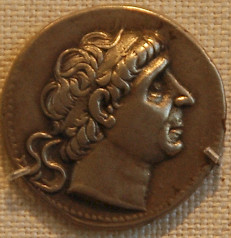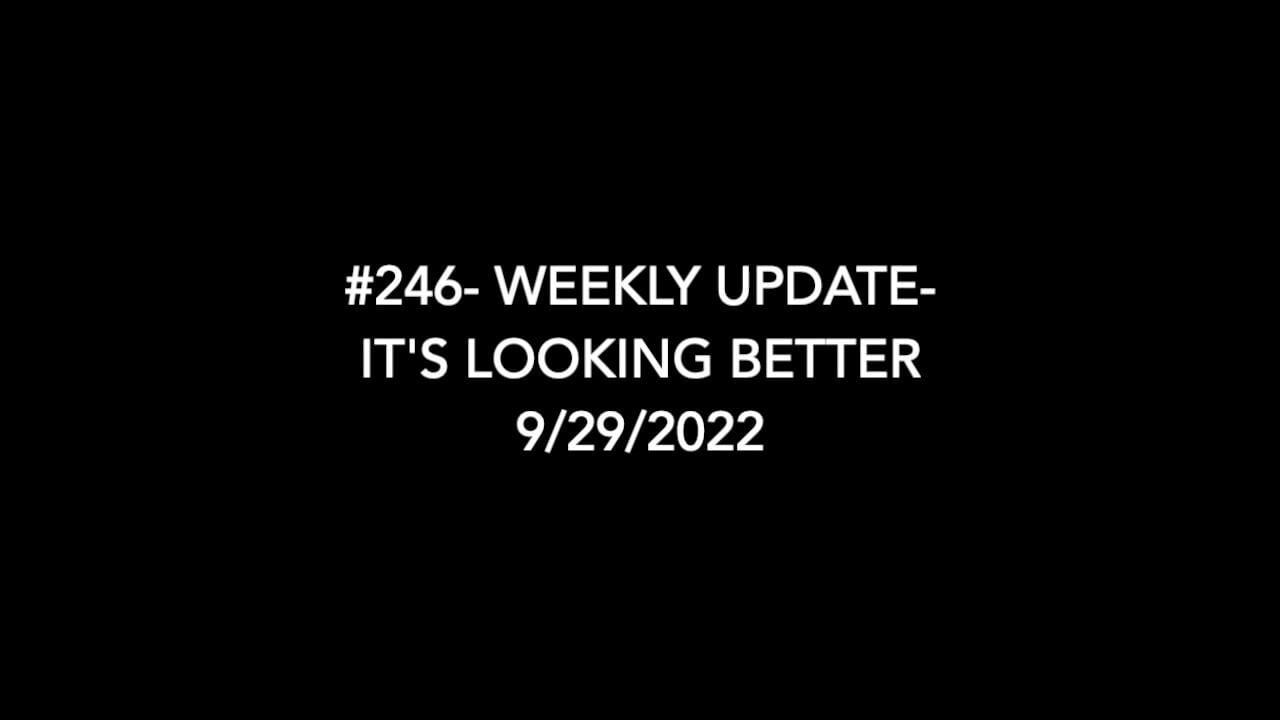

250 The establishment of Nabonidus as the father of Belshazzar, or at least his stepfather, nullifies most of the critical objections, although Rowley in an extensive discussion maintains stoutly that to call Belshazzar a king “must still be pronounced a grave historical error.” 251 Critics, having to recede from their former position that no such person existed, have since centered their attack on the fact that the word king does not occur in connection with Belshazzar on any extant Babylonian records.

This omission, however, was later remedied, as mentioned above, by the discovery of the name of Bel-shar-usur (Belshazzar) on cylinders in which he is called the son of Nabonidus. Although such ancient records are notoriously inaccurate and at best are fragmentary, the argument of the critics was that Belshazzar never existed because his name did not appear in any of the ancient records. Here the discussion is lost in a maze of conflicting facts in extrabiblical literature concerning which the critics themselves are not agreed. Those critical of the authenticity and accuracy of Daniel, especially those zealous to prove second-century authorship, proceed on the premise that Daniel must be in error until he is proved otherwise. Was Belshazzar actually king of Babylon and was he murdered on the night that Babylon was conquered?Ī solution of the problem has depended largely on the premises of the scholars dealing with it. exhibits its remarkable accuracy.” 249 The controversy over Belshazzar, because of the extensive investigation and great variety of findings, has become one of the most complicated problems in the entire book, but the problem itself is comparatively simple. This is the first point at which this ch. Some have denied his historicity… The king’s name, however, has now appeared upon the cuneiform documents, so that there can be no question as to his historicity. Young states, “The identity of Belshazzar has long caused difficulty to commentators. On the other hand, such a careful scholar as Edward J. 247 Montgomery states that the story is “unhistorical” but “nevertheless contains indubitable reminiscences of actual history.” 248 on Nabonidus and Belshazzar, based on the Nabonidus Cylinder and other sources, there is no ground for questioning the general historicity of Belshazzar and only the details of the scriptural account unverified by extrabiblical sources can be challenged by the critics. Since the publication of Raymond Dougherty’s scholarly research.
#246 in babylonian numerals free#
Critics of the authenticity and historicity of Daniel accordingly were free to question whether any such person as Belshazzar existed. Until the discovery of the Nabonidus Cylinder, no mention of Belshazzar, whom Daniel declares to be king of Babylon, had been found in extrabiblical literature. The account of Berosus preserved by Josephus is supported by other evidence such as the short fragment of Abydenus preserved by Eusebius. Nabonidus was allowed to live in Carmania until the time of his death, but he was not allowed to come to Babylonia. Nabonidus fleeing Babylon went to Borsippa but was forced to surrender to Cyrus. The conspirators appointed Nabonidus, one of their number, who reigned for seventeen years before being defeated by Cyrus the Persian. At his death his son Laborosoarchod, who was only a child, reigned for nine months until a conspiracy resulted in his being beaten to death.


The next four years Neriglisar occupied the throne. Because his rule was arbitrary and licentious, he was assassinated by Neriglisar after he had reigned only two years. and the fall of Babylon 539 B.C.Īccording to Berosus, Nebuchadnezzar died after a reign of 43 years and was followed by his son Evil-Merodach. A plausible account of Berosus, in his third book, found in a fragment preserved by Josephus summarizes the history between Nebuchadnezzar’s death in 562 B.C. Daniel does not record his immediate successors, and extrabiblical literature is somewhat confused. Nebuchadnezzar himself had died in 562 B.C. Almost seventy years have passed since the events of chapter 1 of Daniel.


 0 kommentar(er)
0 kommentar(er)
